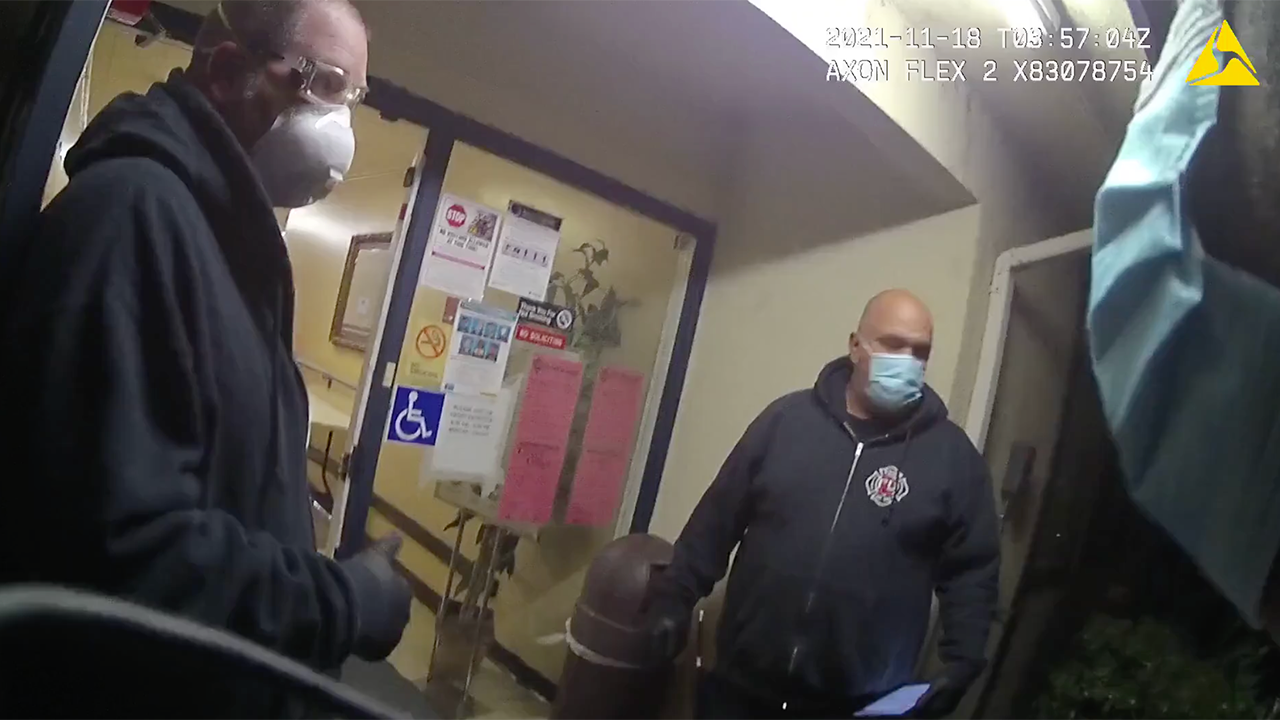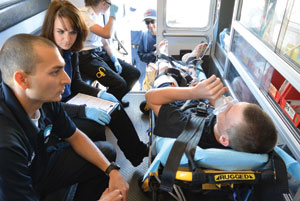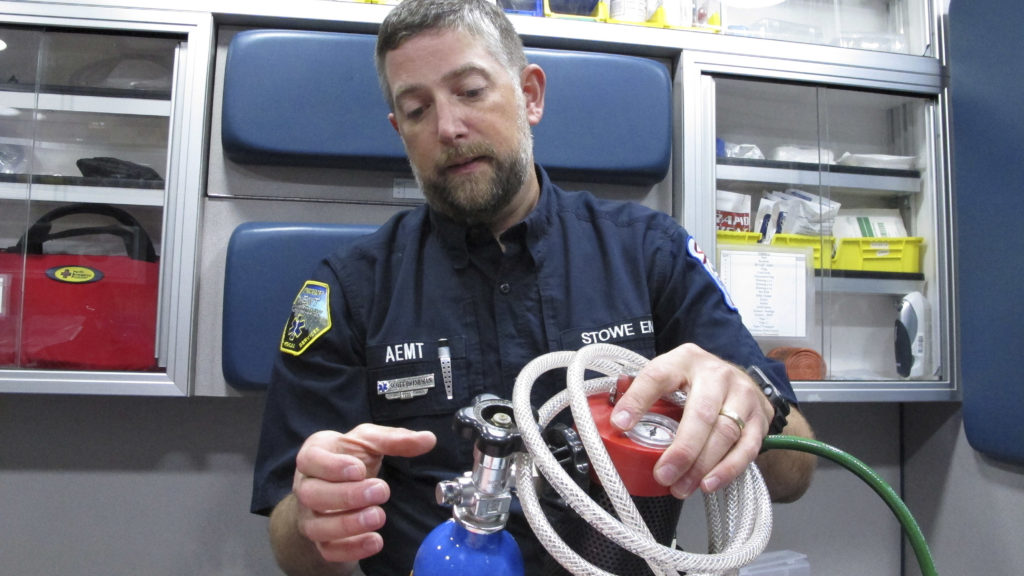FiremanMike
BSN, CEN, EMT-P
- 1,311
- 879
- 113
1. To be clear, my agency has issues. We have guys who have that p-card only because it's a requirement to get on, and we have guys who suck but can't get fired because it's too difficult. We also have some admin who hate EMS, but OVERALL, the culture in this area is different because EMS is nearly entirely fire based. There is a County EMS agency in an adjacent county, but otherwise, when you call 911, the ambulance that shows up will be from an FD.I've said it before, and I'll say it again: based on everything you have said about your department, your agency is likely in the minority when it comes to EMS providers who ride the BRT, and that's a good thing.
The last time I was part of an ALS FD was almost 20 years ago, and all of our FF/PMs had years of experience on the ambulance as PMs, usually as Senior PMs or FTOs. Many still worked for the City's EMS agency part time. Since then, I've worked with a few FF/PMs, but almost all had previous PM experience on the ambulance, and most were function as EMTs or AEMTs when on the BRT.
I know I'm biased, but there are not many suppression only EMTs, who have never worked on an ambulance, that I would trust do provide a decent assessment on a sick patient. There are even fewer suppression only paramedics, who have never worked on an ambulance, that I would feel comfortable assessing and treating at the ALS level, especially on a sick patient, if they were my family member.
I am much happier having the people on the BRTs being decent EMTs, with the ambulance people being more competent and experienced EMTs, along with a paramedic either on the truck or on a flycar, only handling ALS criteria patients.
Think of if this way: if you are putting 7-9 paramedics on a cardiac arrest, do you trust all of them to intubate the 400 lb patient with a mallampati class 3 airway, at 3 in the morning? And when was the last they those 7 to 9 paramedics intubated a live person with a difficult airway? or ran point on a circling the drain patient?
2. I've said it before and I'll say it again, the psychomotor skill of intubation is not that difficult, and of those 7-9 medics on scene, I'd expect several of them (but not all of them) to be excellent at intubation.
Let's build on #2 and incorporate a counterpoint to some of the other thoughts in this thread. What happens when you put all your eggs in the basket of "one paramedic on scene", but that paramedic is a dolt and no one else on scene has enough training or education to realize that they're missing key signs that should be obvious to any ALS provider. Let's not pretend that the hiring standards for third service EMS agencies are such that only the cream of the crop can get those jobs, they have idiots who work there too who are also capable of murder through incompetence. When there isn't another ALS provider around to a. catch their mistakes or b. teach them, then the potential for disaster is high.
While it may sound cumbersome to have 7-9 medics on scene, I'd argue it's convenient to have 7-9 ALS minded folks on scene who can do whatever needs to be done but can also catch mistakes or offer insight when necessary.






